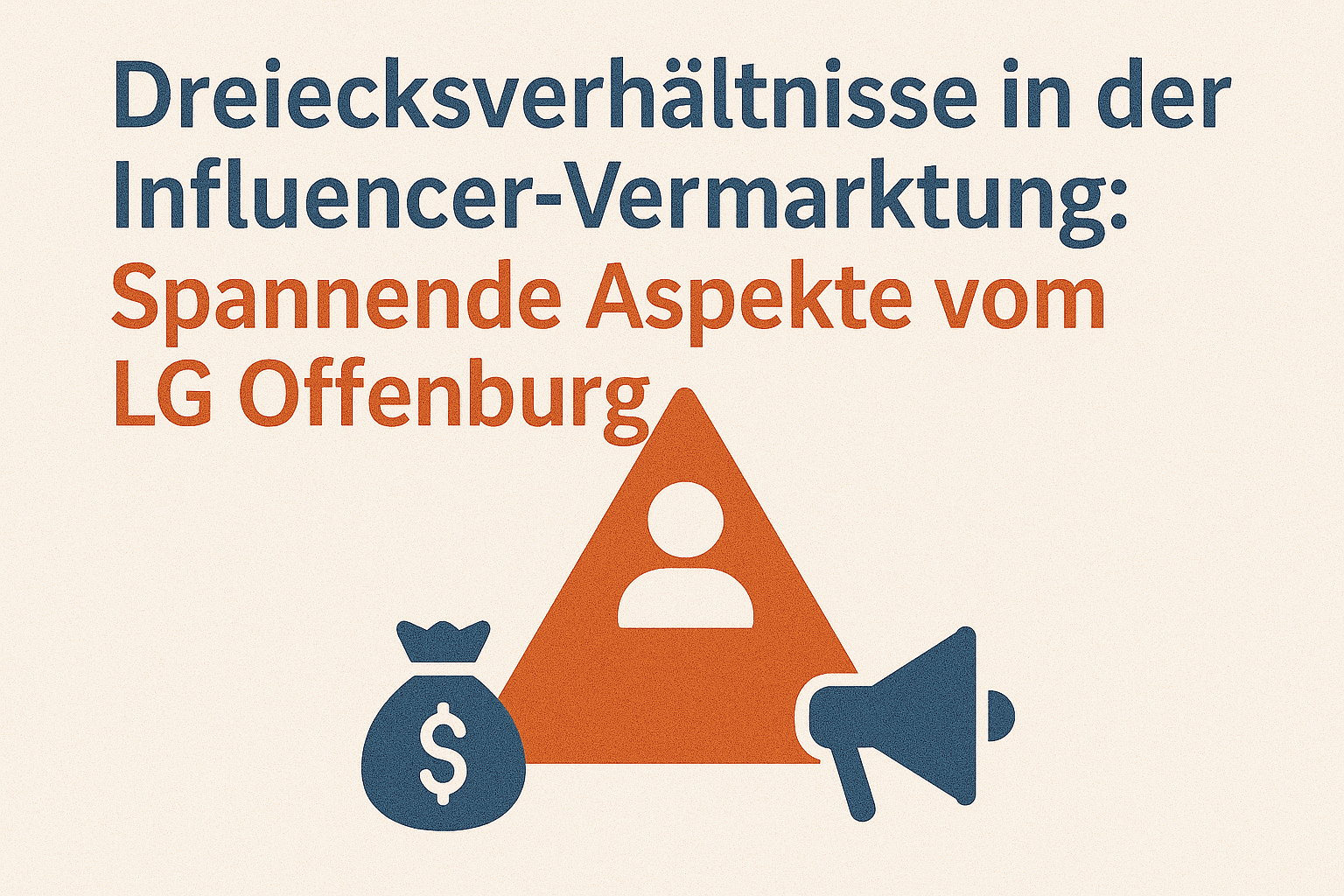Esports team “Team 33” recently announced that it has added one of the youngest eSports players in the world, Joseph Deen (known in the gaming community as 33 Gosu), to its roster. As part of the signing, Joseph received a world-class gaming setup worth over $5000 and a signing bonus of $33,000.
This makes Deen one of the youngest players to ever sign with a professional esports team, and he has been training with Team 33 since he was 6 years old.
Unlike here in the U.S., such a contract would hardly be conceivable in Germany.
To conclude an employment contract, a minor in Germany requires the consent of his or her legal representative, which is usually both parents. According to § 5 para. 1 Youth Employment Protection Act, no employment contract may be concluded with children under the age of 15. Exceptions to the prohibition of § 5 para. 1 Youth Employment Protection Act are in § 5 para. 2, § 5 par. 3, § 5 par. 4 as well as § 5 para. 5 Youth Employment Protection Act. At the latest for young people under the age of 13, and even more so during the typical Esport hours between 6 p.m. and 8 a.m., this means that nothing is actually possible. And for good reason in my opinion.
Even between the ages of 15 and 18, employment contracts with esports teams lead to some legal drafting challenges. In this case, the consent of the legal representatives is required. It is true that an authorization of the parents can be form-free It is therefore also possible that the minor’s behavior is tacitly tolerated. However, this carries risks for the employer. The same applies to “marketing contracts”, which are usually not purely legally advantageous for the young person and are therefore also subject to parental consent.
If consent or authorization has been given, the minor has unlimited legal capacity for all legal transactions relating to the employment relationship (e.g. receipt of remuneration, change of working conditions, termination of the contractual relationship). Nevertheless, the Youth Employment Protection Act must always be observed here, which regulates above all the times and amount of work as well as the manner. Employment is not permitted between 8 p.m. and 6 a.m., nor is it permitted on Saturdays and Sundays or on public holidays.




















